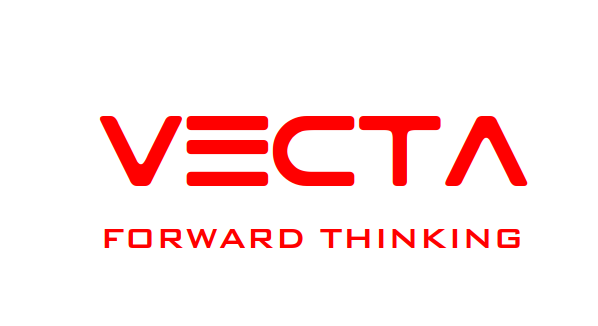Online Condition Monitoring
Key Capabilities
RAM Analysis
Condition Monitoring
Critical Spares
Overview
Our Client is an Australian midstream energy infrastructure business that owns and operates oil and gas facilities in South West Victoria.
Following a recent RAM study, Vecta were engaged by the Client to perform follow-up work on two of the RAM study recommendations, seeking budget estimates for Condition Monitoring Improvements and recommended Critical Spares for reciprocating compressors.
Scope
We were required to identify Condition Monitoring (CM) Improvements that would help to increase uptime & availability of reciprocating compressors (i.e. a list of the highest value CM improvements in terms of ROI and the funding necessary to implement these in the next phase.
We also made an assessment of Recommended Critical Spares for reciprocating compressors to improve MTTR (Mean Time to Repair) figures and better align with OREDA data.
Challenges
Some of the challenges we faced was to understand the Clients requirements and how they used Maximo within their business and the need to optimise the setup and functionality to suit their specific requirements.
Solutions
The recommended Online Condition Monitoring (OCM) system would change the maintenance strategy from time or calendar-based to condition-based maintenance (CBM). The recommended option included provision for up to 87 additional monitoring sensors to provide real-time monitoring with a particular focus on asset component vibration. Vibration monitoring technology would enable earliest detection and intervention before major failure occurs. Early detection and intervention of asset defects or faults reduces the risk of major unexpected failures. Failures which are addressed will be less severe and require less time and materials to repair or replace.
Following the SCA, a number of spares were recommended to be purchased to improve compressor maintainability. Additional emergency spares were also required as an ‘insurance policy’ in case of major unexpected failure occur
Outcomes
There were many benefits that were identified following these two studies:
Improved Reliability 1-2% per machine
Improved Availability 1.5-4% per machine
Improved Maintainability (MTTR reduced by 40%)
Reduced Maintenance Spend (including 40% reduction in time or calendar-based maintenance)
Enhanced compliance with API-670 and API-618
Significant reduction in major incidents and asset failures
Spares reduction by 57% through early failure detection and intervention

